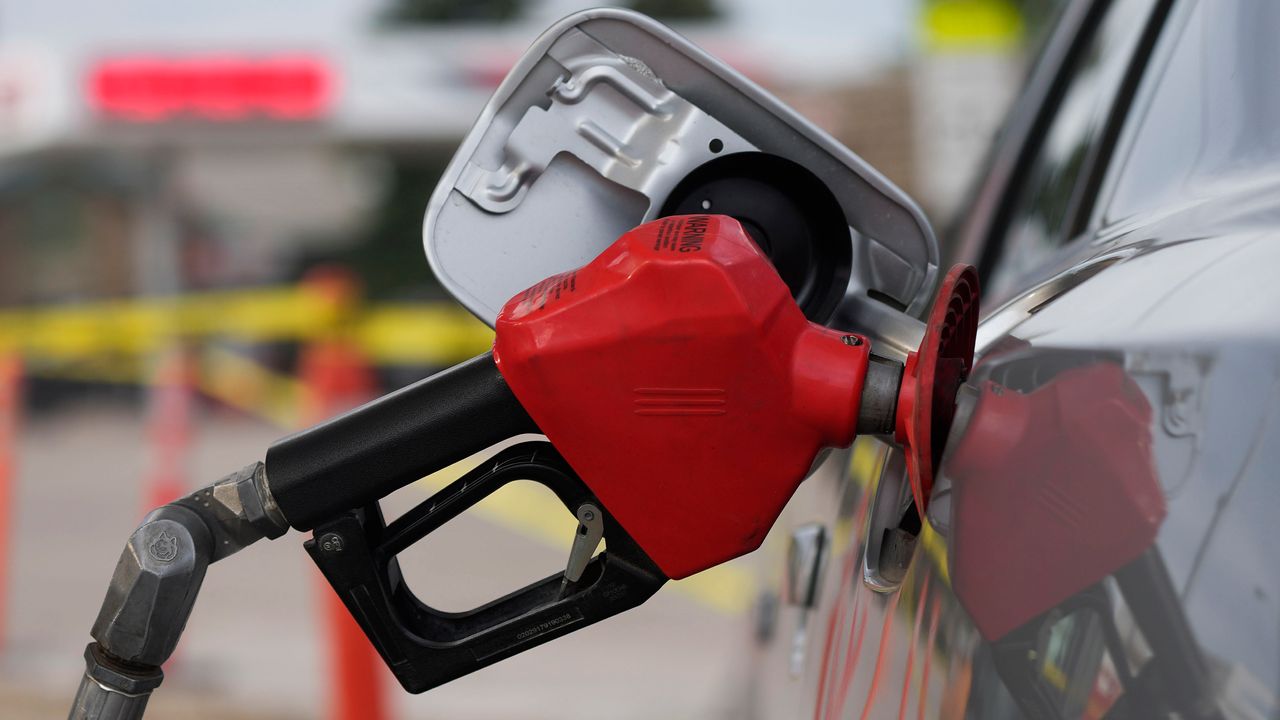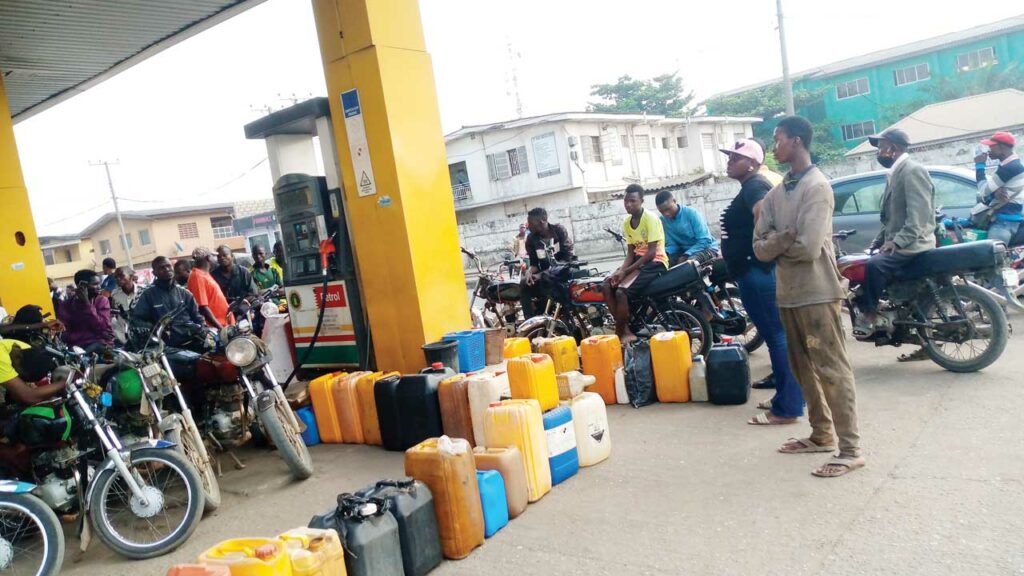Fuel Subsidy Removal and its Effect on Cost of Living in Nigeria

The recent surge in the price of fuel across the country has worsen the country’s cost of living crisis as households struggle to keep up with the rising cost of goods and services.
Over the past year, Nigerians have been struggling to afford basic needs and desperately seeking financial support as inflation erodes household incomes.

The situation has continued to worsen since the beginning of the year with prospects of more due to the recent hike in fuel prices.
On Monday, May 29, President Bola Tinubu announced during his inaugural speech the removal of the petrol subsidy. Barely three hours after the speech, fuel prices across the country surged by an average of 200 percent. Currently, pump prices across Nigeria are selling between N400-600.
Since the announcement, commuting has been difficult for many Nigerians. Transport fares for public vehicles and ride-hailing apps have doubled and buses have been scarce, spending more time queuing at petrol stations for fuel.

Many Nigerians are already living in fear of what this means to their standard of living. Nigeria’s inflation at 22.22 percent in April is far outpacing wage growth, according to data from the National Bureau of Statistics.
Food prices are up by over 150 percent, and transportation costs have almost doubled respectively year-on-year, according to BusinessDay’s market checks. With food inflation hitting 24.61 percent, the key driver of Nigeria’s core inflation as over 90 percent of the country’s working population spends 60 percent of their income on food and related expenses, analysts say.
An FAO 2023 report, said 25.3 million Nigerians are food insecure, and malnutrition rates in most northern states have more than doubled.








